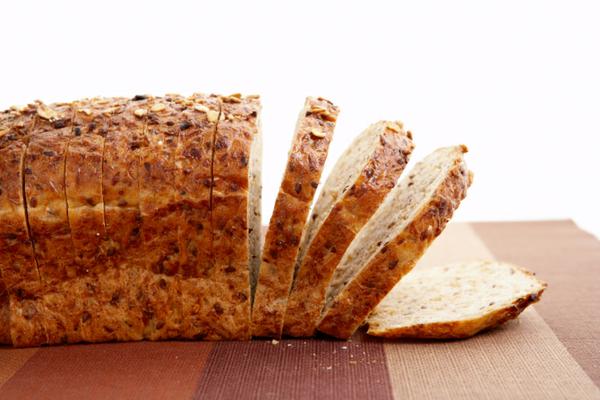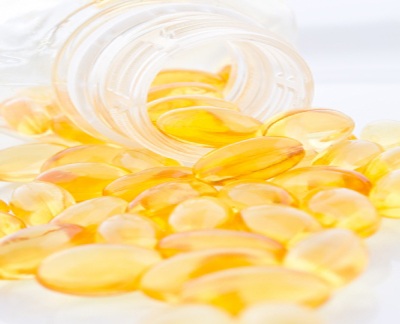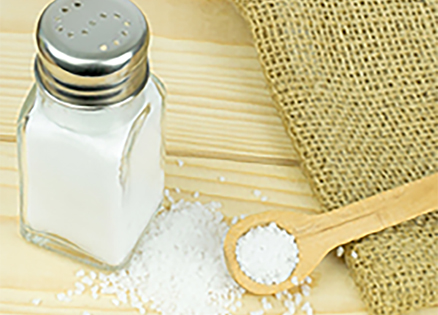Home Oxygen Saturation Monitor: A Review

What is a pulse oximeter?
A pulse oximeter is a device used to indirectly measure blood oxygen saturation. The body regulates oxygen saturation precisely for a specific balance of oxygen in the blood.
What are normal oxygen saturation levels?
Normal pulse oximeter readings for oxygen saturation range between 95 – 100 percent. A saturation level between 90 – 95 percent would be considered low, but does not necessarily indicate a health concern. A blood oxygen saturation level below 90 percent is considered low.
Who should monitor oxygen levels at home?
A pulse oximeter provides safe, non-invasive monitoring of the cardiorespiratory condition for patients who warrant monitoring, such as patients with chronic obstructive pulmonary disease.
Pulse oximetry is also used in high altitudes, such as mountaineering as a red flag for impending altitude sickness and pilots who can experience hypoxia at high altitudes.
Oxygen saturation can be comprised in children with asthma or wheezing and may warrant home monitoring. Pulse oximetry has also been used to determine appropriate treatment methods for individuals with venus leg ulcers and diabetics with vascular disease progression.
Discuss with your doctor to determine if monitoring home oxygen levels would be beneficial for your situation.
What should you look for when selecting a home pulse oximeter?
How to Count Carbs and Lower Cholesterol
 Carbohydrate counting (aka “carb counting”) is most often prescribed for diabetics. However, when following a carb counting diet you can make choices to promote lower cholesterol levels, reducing heart disease risk.
Carbohydrate counting (aka “carb counting”) is most often prescribed for diabetics. However, when following a carb counting diet you can make choices to promote lower cholesterol levels, reducing heart disease risk.
What is carb counting?
Carb counting is used to control blood glucose levels. The goal with carb counting is to keep your intake of carbohydrates consistent from meal to meal, day to day. To be clear, with carb counting, you count the number of carbohydrates consumed, not the number of calories.
A carb counting diet is prescribed for diabetics depended on insulin, because insulin dosage is determined by the number of carbohydrates consumed.
Foods containing carbohydrates
Most foods contain carbohydrates, with the exception of fats and fresh meats. You need to refer to food labels frequently to know how many carbohydrates are contained in one serving and what equals one serving.
Continue reading
5 Health Boosting Activities for Bored Adults
Guest post provided by Jessica Hegg. Jessica Hegg is the content manager at ViveHealth.com. Interested in all things related to a healthy lifestyle, she works to share valuable information that aims to improve the quality of life for others.
 If you’re like many other adults in the US, you probably spend a lot of time on the weekends bored – lounging around the house, watching TV, and generally puttering around. While that can be fun for a bit, extended periods of inactivity are unhealthy – both mentally and physically.
If you’re like many other adults in the US, you probably spend a lot of time on the weekends bored – lounging around the house, watching TV, and generally puttering around. While that can be fun for a bit, extended periods of inactivity are unhealthy – both mentally and physically.
So why not kill two birds with one stone? There are plenty of fun, healthy activities to take part in that aren’t overly stressful, but can still be entertaining and lead to better health outcomes.
It’s been found that 300 minutes (5 hours) of light physical activity per week leads to an overall lower risk of all-cause mortality, as well as helping to prevent a whole host of maladies such as colon and breast cancer, coronary heart disease, high blood pressure, stroke, and type 2 diabetes, among others.
In addition, a higher level of cardiorespiratory fitness and muscle tone is observed. Simply put, being active makes you healthier, makes you feel better, and makes you look better. So take a look at these easy, fun activities, and plan your next weekend outing or weeknight recreation accordingly.
1. Sports Clubs
Recreational leagues in sports like basketball, soccer, and softball are readily available throughout most cities in the US, and most cater to adults by age group, so you won’t have to deal with being stuck in a hyper-competitive league with some 25-year old.
Playing a sport in a team environment is entertaining, fun, and good for you. This is especially great for people who usually don’t like to exercise that much – the fun, supportive team environment is sure to get you up and moving.
Sports like racquetball and squash are also very popular among adults – they don’t require too much-specialized equipment, and you don’t need to sign up for a league, just find a partner or two who you can play with a couple times a week.
2. Gardening and Yard Work
Gardening and yard work are fantastic ways to burn calories, occupy your day, and get some great results – not just for your health, but for your curb appeal!
Continue reading
Finding the Best Fish Oil Supplement
 Omega-3 fatty acids, like EPA and DHA, which are found in fish oil supplements, are clinically proven to help reduce inflammation. This means taking fish oil supplements regularly can prevent a host of health problems, including high blood pressure and heart disease. The team at Reviews.com spent weeks testing 184 of the most common over-the-counter fish oil supplements on the market. They consulted doctors and nutrition experts to see what their recommendations were, then used multiple third-party labs to assess each brand’s potency, purity, and freshness. They also consulted with the Marine Stewardship Council to verify which supplements were the most responsibly and sustainably made!
Omega-3 fatty acids, like EPA and DHA, which are found in fish oil supplements, are clinically proven to help reduce inflammation. This means taking fish oil supplements regularly can prevent a host of health problems, including high blood pressure and heart disease. The team at Reviews.com spent weeks testing 184 of the most common over-the-counter fish oil supplements on the market. They consulted doctors and nutrition experts to see what their recommendations were, then used multiple third-party labs to assess each brand’s potency, purity, and freshness. They also consulted with the Marine Stewardship Council to verify which supplements were the most responsibly and sustainably made!
Reviews.com’s Top Picks
- Nutrigold Triple Strength Fish Oil Omega-3 Gold — Contains 1,000 mg EPA+DHA per pill, which is a full recommended daily dose, and is thoroughly vetted by third-party labs
5 Tips to Protect Yourself From Zika Virus During Travels
 Fall and winter are not without their benefits. The time of year affords brisk walks without the incessant need to slap away the flying nuisances. Mosquito season blissfully comes to an end and the fear of bites drops to zero.
Fall and winter are not without their benefits. The time of year affords brisk walks without the incessant need to slap away the flying nuisances. Mosquito season blissfully comes to an end and the fear of bites drops to zero.
However, if you are looking to travel to warmer climes, don’t be complacent. With warnings of the Zika virus continuing in the news, it is best to be prepared. Especially if your fun adventure falls into or near a Zika hot zone.
According to the Centers for Disease Control and Prevention (CDC), there have already been 4,618 travel-associated Zika infections in the U.S., and that number is likely to increase. So how best can you protect yourself and enjoy your vacation? Don’t stress, the experts have weighed in below about the best spray and non-spray options that will help you win the war against mosquitoes.
Continue reading
Alternate Foods Rich in Iodine to Replace Table Salt as You Lower Blood Pressure

One of the first dietary steps you can take to lower blood pressure is to cut back on salt. Salt contains sodium. By decreasing your salt intake, you decrease the level of sodium in your bloodstream allowing your kidneys to more effectively eliminate water resulting in a lower blood pressure.
However, salt is one of our main dietary sources of iodine. Iodine deficiency is not a common problem due to the fact iodine is added to table salt.
If you eliminate table salt from your diet you may need to shift your diet to include other sources of iodine.
What role does iodine play in your health?
Iodine’s main function is to support the development and function of the thyroid gland with hormone production.
Iodine also fights bacteria, promotes healthy breast tissue, supports hair and skin growth, protects against toxic effects of radioactive material, and is involved in energy production and nerve function.
What are iodine deficiency symptoms?
Some deficiency symptoms include:
• Depression
• Dry eyes
• Decreased mental capacity
• Fatigue
• Cold extremities
• Goiter
• Hypothyroidism
• Insomnia
• Weight gain
How much iodine do you need in your diet daily?
Continue reading



